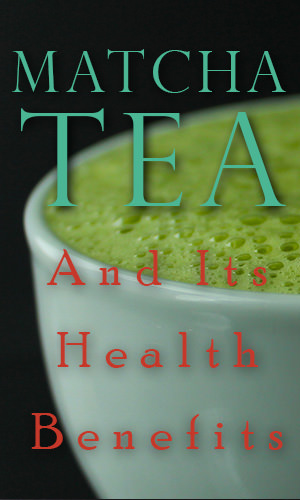
Matcha Tea And Its Health Benefits
Posted on 05 Apr, 2020
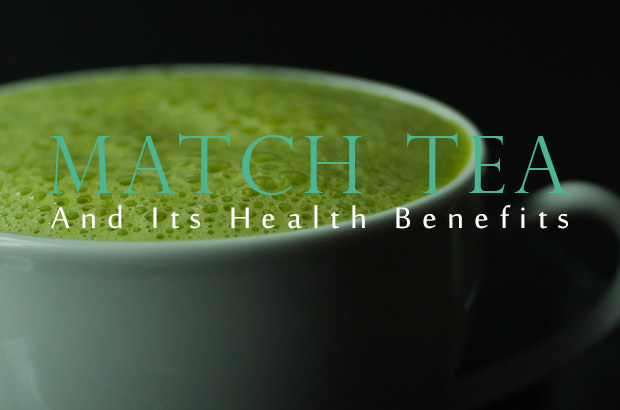
Everyone is talking about Matcha as the new superfood. But the Japanese however have enjoyed this healthy beverage for centuries. Read on to find out all about it.
What Is It?
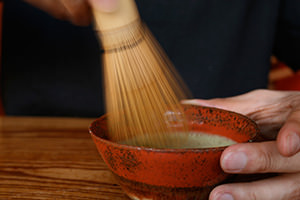 Matcha, comes from the tea plant ‘Camellia Sinensis’. It is grown in the shade to increase its chlorophyll content. These chlorophyll-rich leaves are then handpicked, steamed, dried and ground into a fine green powder.
Matcha, comes from the tea plant ‘Camellia Sinensis’. It is grown in the shade to increase its chlorophyll content. These chlorophyll-rich leaves are then handpicked, steamed, dried and ground into a fine green powder.
To prepare a cup of matcha, add a teaspoon of powder to 1/3 cup of hot water, then whisk with a bamboo brush until it becomes frothy. Matcha has a distinct grassy taste and can also be made into a latte with milk and sweeteners.
Why It's Good For You
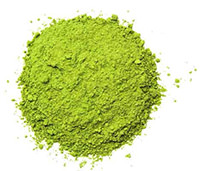 It Can Prevent Oxidative Damage
It Can Prevent Oxidative Damage
Matcha is rich in protective antioxidants that are important for preventing oxidative damage to the body. With matcha, you get much higher levels of antioxidants and nutrients than regular green tea. This is because when you drink matcha, you ingest the entire leaf and receive 100% of the leaf's nutrients.
Catechins, And Why They So Important In Anti-Cancer Diets
Matcha tea contains a unique, potent class of antioxidant known as catechins Catechins scavenge for dangerous free radicals in the body. The most powerful catechin found in matcha is EGCG (epigallocatechin gallate), which is believed to be a powerful anti-carcinogen. They counteract the effects of free radicals caused by pollution, UV rays, radiation, and chemicals that lead to cell and DNA damage. Matcha contains 3 times more EGCG than regular green tea.
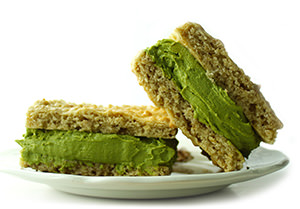 Boosts Metabolism And Supports Weight Loss
Boosts Metabolism And Supports Weight Loss
Matcha helps weight loss on two fronts; it boosts metabolism and burns fat.
A study featured in the American Journal of Clinical Nutrition found that consuming matcha green tea can increase thermogenesis (the body’s own rate of burning calories). It was shown that it could boost your daily energy expenditure from 8% to more than 35%.
Helps You Concentrate
Over a thousand years ago, matcha emerged in Japan as an aid to meditation practice. During long hours of sitting, monks would drink matcha to stay alert and calm. Modern science has recently confirmed the reason for this.
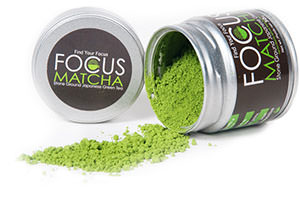 Matcha is rich in L-Theanine, a rare amino acid that promotes a state of relaxation and well-being by acting upon the brains functioning. To understand this better, we first have to understand that when a person is stressed, they emit beta waves and are in a more excited and agitated state. L-Theanine creates alpha waves, which lead to a state of relaxed alertness.
Matcha is rich in L-Theanine, a rare amino acid that promotes a state of relaxation and well-being by acting upon the brains functioning. To understand this better, we first have to understand that when a person is stressed, they emit beta waves and are in a more excited and agitated state. L-Theanine creates alpha waves, which lead to a state of relaxed alertness.
And while L-Theanine is common in all tea, matcha contains up to five times more than regular black and green teas.
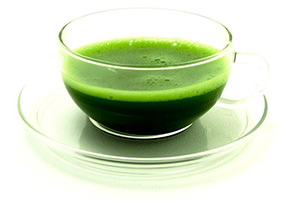 Provides An Energy Boost Similar to Caffeine
Provides An Energy Boost Similar to Caffeine
Another benefit of matcha tea, is that drinkers experience a boost of energy throughout the day. In one study, researchers had thought that this was from the caffeine in matcha, but they found that it was actually the combination of matcha’s natural properties.
It has been discovered that the L-Theanine found in matcha may help memory and learning while inhibiting the possible side-effects from caffeine. Essentially, a bowl of matcha promotes concentration and clarity of mind without the nervous jitters that can sometimes come with drinking coffee.
It Is Chlorophyll-Rich And Great For Detoxifying
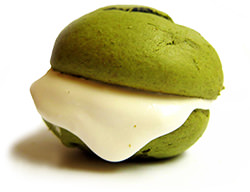 Matcha helps to safely cleanse and purge the body of harmful elements. Chlorophyll, the component that gives green tea and other plants their signature verdant color, is a powerful detoxifier that helps eliminate both chemicals and heavy metals from the body. And because matcha is carefully shade-grown, it is substantially richer in chlorophyll than other green teas, making it superior as a detoxifier.
Matcha helps to safely cleanse and purge the body of harmful elements. Chlorophyll, the component that gives green tea and other plants their signature verdant color, is a powerful detoxifier that helps eliminate both chemicals and heavy metals from the body. And because matcha is carefully shade-grown, it is substantially richer in chlorophyll than other green teas, making it superior as a detoxifier.
Matcha Compared To Other Superfoods
The potency found in a single serving of matcha is equivalent to at least ten cups of brewed green tea.
Using the testing method known as ORAC (oxygen radical absorbance capacity), experts at Tufts University discovered that matcha possesses an amazing twenty times more antioxidants than pomegranates or blueberries. Matchas ORAC rating is a mighty 1573 units per gram, compared to pomegranate’s 105 units per gram or blueberry’s 93.

Nutritional Profile
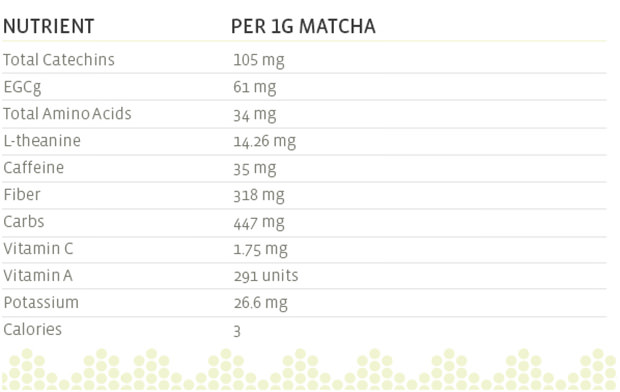
Photo Credits
Great Books On How To Eat Right

by Angela Liddon

by Michael Pollan

by Robin Jeep

by Jo Robinson

 Are eggs good or bad for you? The final verdict
Are eggs good or bad for you? The final verdict 6 Tips for Going Vegetarian
6 Tips for Going Vegetarian How to Be Optimistic About Everything
How to Be Optimistic About Everything Is Coconut Water As Good As Everybody Claims It To Be?
Is Coconut Water As Good As Everybody Claims It To Be?










